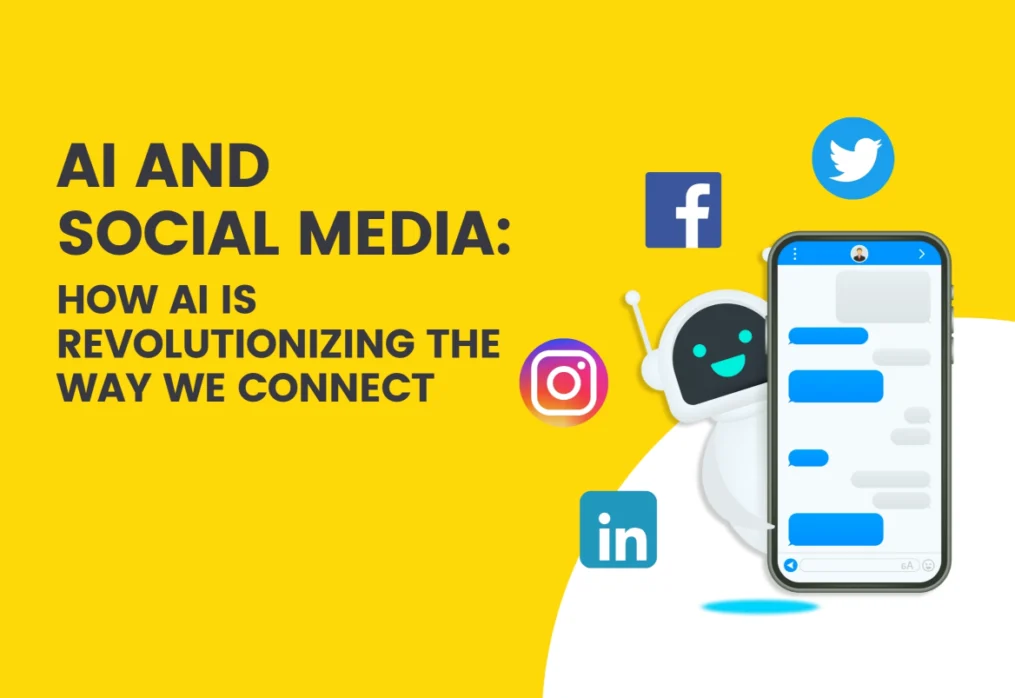AI and Social Media: How AI Is Revolutionizing The Way We Connect
In today’s digital age, the combination of AI and social media has paved the way for a revolutionary transformation in the way we connect with others. From intelligent chatbots to personalized content recommendations, AI is reshaping our social media experiences in ways we never thought possible. With its ability to analyze massive amounts of data in real-time, AI has the power to understand our preferences, interests, and behavior, enabling social media platforms to deliver more relevant and engaging content to each individual user.
But the impact of AI on social media goes beyond just content customization. It has also revolutionized the way brands and businesses connect with their audience. AI-powered algorithms have made it easier for marketers to target their ideal customers, reach a wider audience, and optimize their social media campaigns for maximum impact. Additionally, AI has enabled businesses to provide better customer service through automated responses and personalized interactions.
As AI continues to evolve, the possibilities for its integration with social media are endless. From enhanced data analysis to improved user experiences, AI is undoubtedly revolutionizing the way we connect and interact on social media platforms. So, get ready to experience a whole new level of social media engagement as AI continues to shape the way we connect with others.
The Impact of AI on Social Media
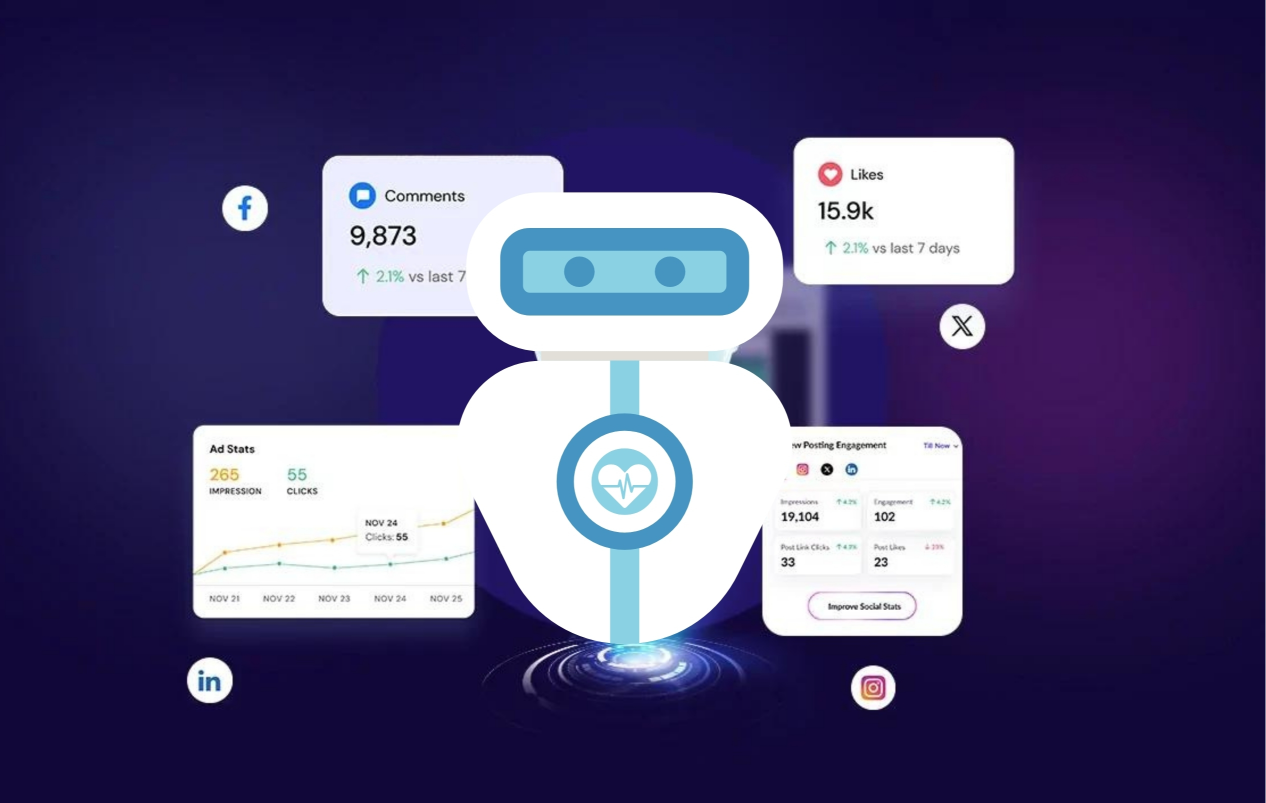
AI has brought about a significant impact on social media, revolutionizing the way we connect, interact, and engage with others. By leveraging AI technologies, social media platforms can now gather vast amounts of data about their users, including their preferences, interests, and behavior. This data is then analyzed in real-time, allowing social media algorithms to deliver personalized content to each individual user. Whether it’s tailored advertisements, recommended posts, or suggested connections, AI has made social media more relevant and engaging than ever before.
Moreover, AI has enabled social media platforms to enhance user experiences by providing more intuitive and user-friendly interfaces. For example, AI-powered chatbots can now handle customer inquiries and provide assistance in real-time, saving users time and effort. These chatbots are able to understand natural language and provide accurate responses, simulating human-like interactions. This not only improves customer service but also allows businesses to connect with their audience on a more personal level.
Understanding the social media marketing definition is crucial as AI transforms how we engage on these platforms, making marketing efforts more targeted and effective.
AI-Powered Social Media Algorithms
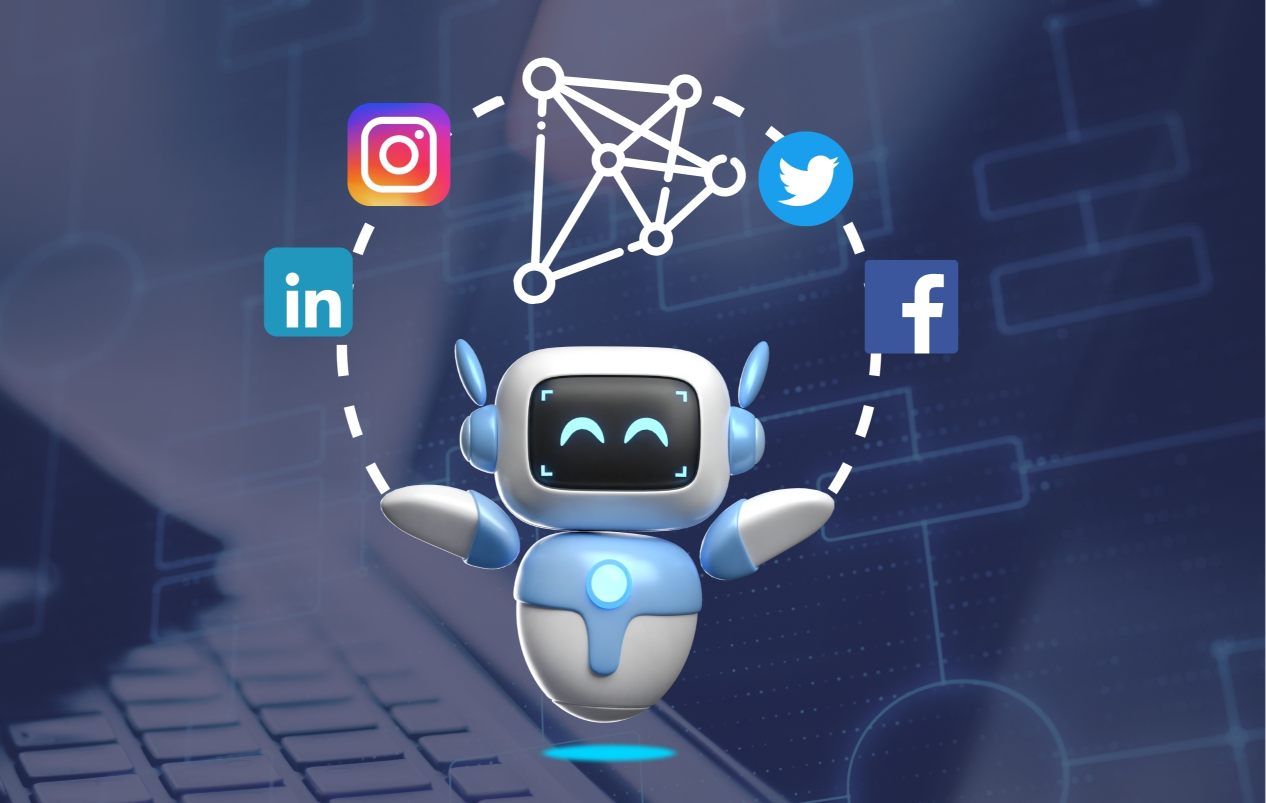
One of the most prominent ways AI is revolutionizing social media is through AI-powered algorithms. These algorithms are designed to analyze user data and generate personalized recommendations and content. By understanding user preferences, interests, and behavior, social media platforms can deliver content that is more likely to be relevant and engaging to each individual user.
For example, platforms like Facebook and Instagram use AI algorithms to curate personalized news feeds based on user interactions and preferences. These algorithms take into account factors such as the user’s past interactions, likes, and shares, as well as the content’s popularity and relevance. This ensures that users are more likely to see content that aligns with their interests, increasing engagement and satisfaction.
Similarly, AI algorithms are used to recommend connections and suggest relevant groups or communities for users to join. By analyzing user profiles, interests, and connections, AI algorithms can identify potential connections and communities that are likely to be of interest to the user. This not only helps users discover new content and connections but also fosters a sense of community and belonging on social media platforms.
Leveraging is the key to enhancing performance using AI tools, as these algorithms fine-tune the delivery of content that resonates with individual preferences, thereby boosting user engagement.
Personalized Content and Recommendations Through AI
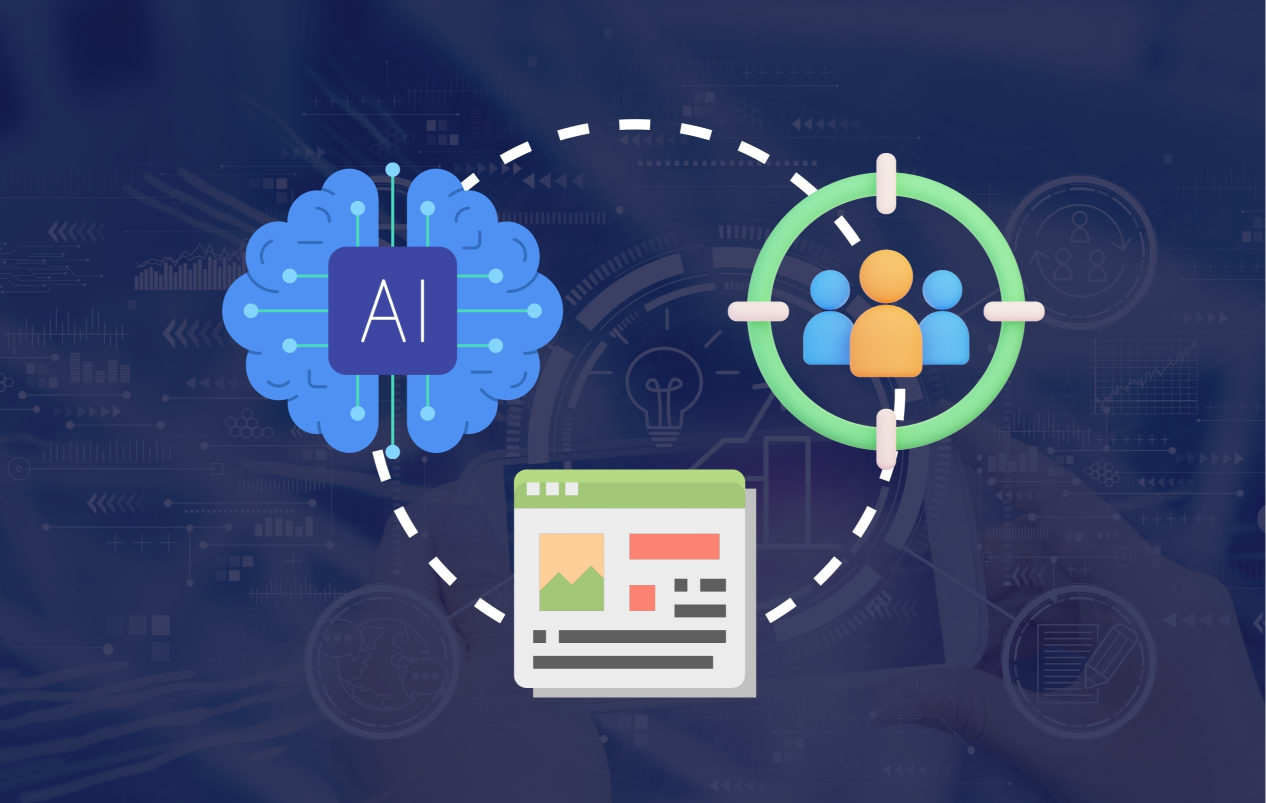
AI has transformed the way social media platforms deliver content to users, making it more personalized and relevant. By analyzing user data, AI algorithms can understand individual preferences, interests, and behavior, allowing platforms to recommend content that is more likely to resonate with each user.
For example, platforms like YouTube and Spotify use AI algorithms to curate personalized playlists and recommendations for users. These algorithms analyze factors such as the user’s listening history, preferences, and behavior to generate playlists that suit their taste. This not only enhances the user experience but also helps users discover new content and artists that they might not have come across otherwise.
Similarly, social media platforms like Instagram and Pinterest use AI algorithms to suggest relevant content and products based on user preferences and behavior. By analyzing factors such as the user’s interactions, interests, and searches, these platforms can deliver personalized recommendations that are more likely to be of interest to the user. This not only improves the user experience but also provides businesses with an opportunity to reach their target audience more effectively.
AI Chatbots and Customer Service on Social Media
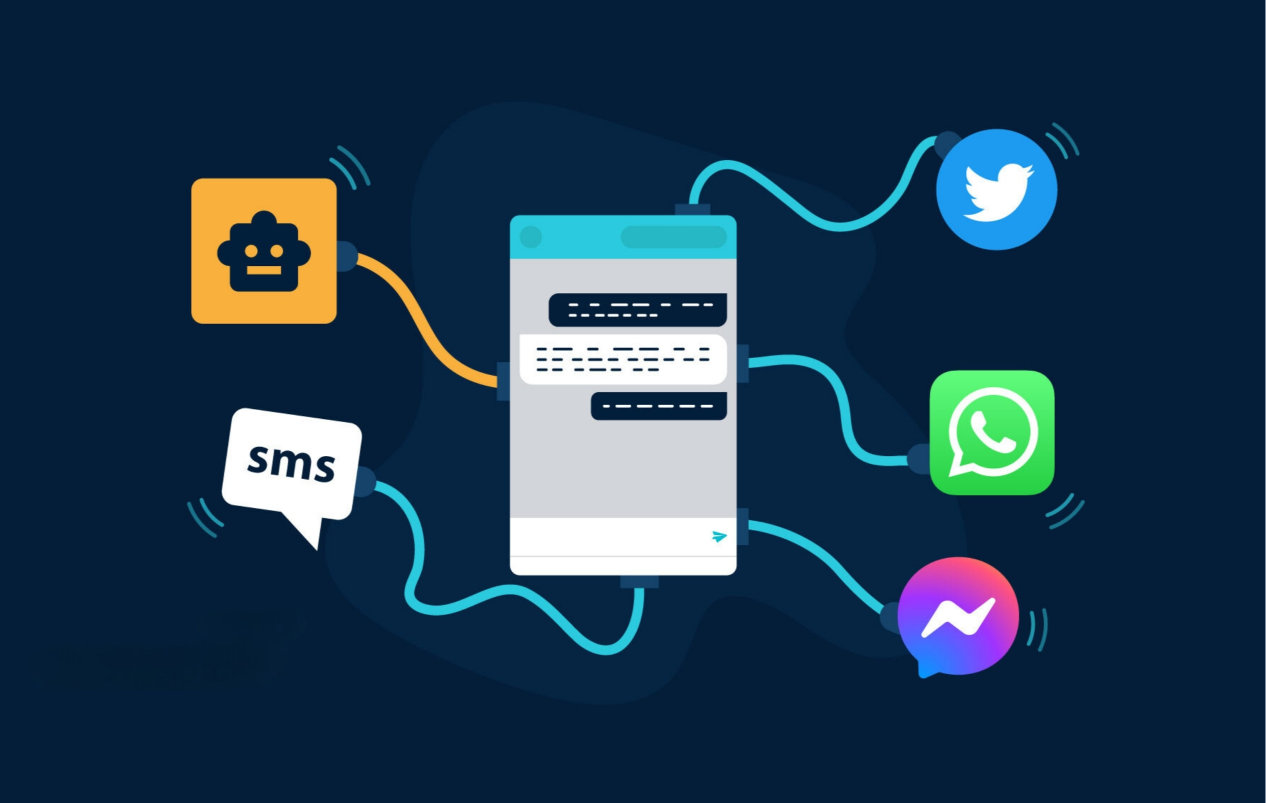
AI-powered chatbots have become increasingly prevalent on social media platforms, revolutionizing customer service and interactions between businesses and their audience. These chatbots are designed to simulate human-like conversations and provide assistance in real-time, enhancing the overall customer experience.
For businesses, AI chatbots offer a number of benefits. They can handle a large volume of inquiries simultaneously, providing instant responses to customer queries and concerns. This reduces the need for businesses to hire and train large customer service teams, saving both time and resources. Additionally, AI chatbots can provide 24/7 support, ensuring that customers can receive assistance at any time, regardless of time zones or working hours.
Moreover, AI chatbots can personalize interactions with customers by leveraging data analytics. By analyzing customer data, chatbots can tailor their responses and recommendations to each individual customer, providing a more personalized and engaging experience. This not only improves customer satisfaction but also allows businesses to build stronger relationships with their audience.
Influencer marketing in social media is evolving, with AI chatbots now playing a pivotal role in automating interactions, proving that the potential for personalized communication is vast.
Discover how Adzeem’s social media marketing in Maryland utilizes AI chatbots to revolutionize customer service, offering a glimpse into the practical applications of AI in enhancing user experience and engagement on social media platforms.
AI Analytics and Insights for Social Media Marketing
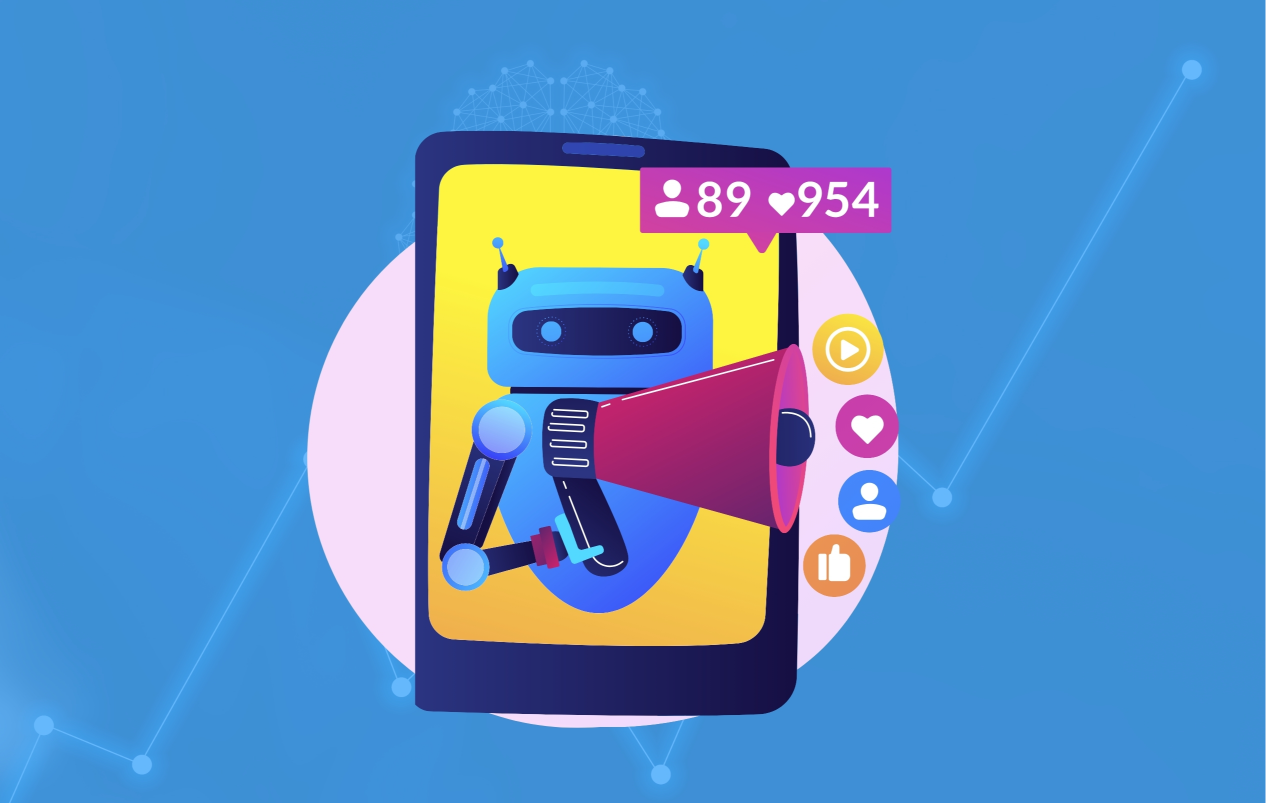
AI has revolutionized the way businesses approach social media marketing by providing advanced analytics and insights. AI-powered analytics tools can analyze vast amounts of data in real-time, providing businesses with valuable insights into their audience, content performance, and overall social media strategy.
For example, AI analytics tools can analyze user interactions, engagement rates, and content performance to identify trends and patterns. This information can help businesses understand what content resonates with their audience, allowing them to optimize their social media strategy accordingly. AI analytics tools can also provide demographic information, allowing businesses to target their ideal customers more effectively.
Additionally, AI-powered analytics tools can monitor social media conversations and sentiment analysis. By analyzing user comments, reviews, and mentions, businesses can gain insights into customer sentiment and feedback. This information can help businesses identify areas for improvement, address customer concerns, and tailor their marketing messages to better resonate with their audience.
By utilizing ChatGPT for performance marketing, businesses can gain a competitive edge through deeper insights into customer preferences and behavior patterns, demonstrating AI’s impact on analytics and strategy refinement.
Ethical Considerations of AI in Social Media
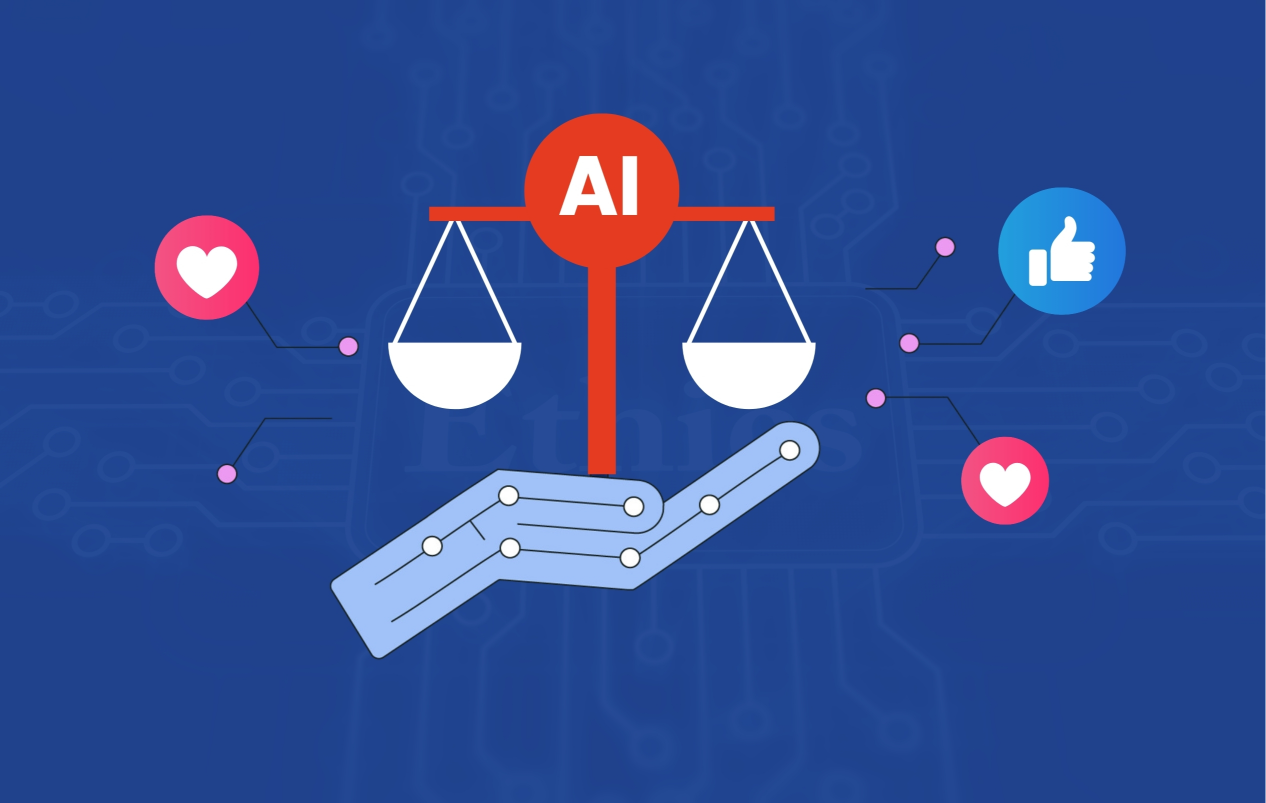
While AI brings about numerous benefits to social media, it is important to consider the ethical implications and challenges that arise with its integration. AI algorithms, for example, have the potential to reinforce biases and echo chambers on social media platforms. If AI algorithms only recommend content that aligns with a user’s existing beliefs and preferences, it can lead to polarization and the spread of misinformation.
Moreover, the collection and analysis of vast amounts of user data raises concerns about privacy and data security. Social media platforms must ensure that user data is handled responsibly and is protected from unauthorized access or misuse. Additionally, transparency and user consent are key considerations when it comes to the use of AI in social media. Users should be informed about how their data is being used and have control over their privacy settings.
Conclusion: The Future of Social Media is Powered by AI
The integration of AI into social media has undeniably revolutionized the way we connect and interact online. From personalized content recommendations to AI-powered chatbots, AI is transforming our social media experiences for the better. As AI technology continues to evolve, we can expect even more exciting developments in the future. However, it is crucial to address the ethical considerations surrounding AI in social media, such as data privacy and algorithmic bias. By ensuring responsible development and implementation, AI has the potential to create a more engaging, personalized, and informative social media experience for everyone.
As we explore the future of AI in digital marketing, it’s clear that its integration into social media will continue to offer innovative ways for brands to engage with their audience.
